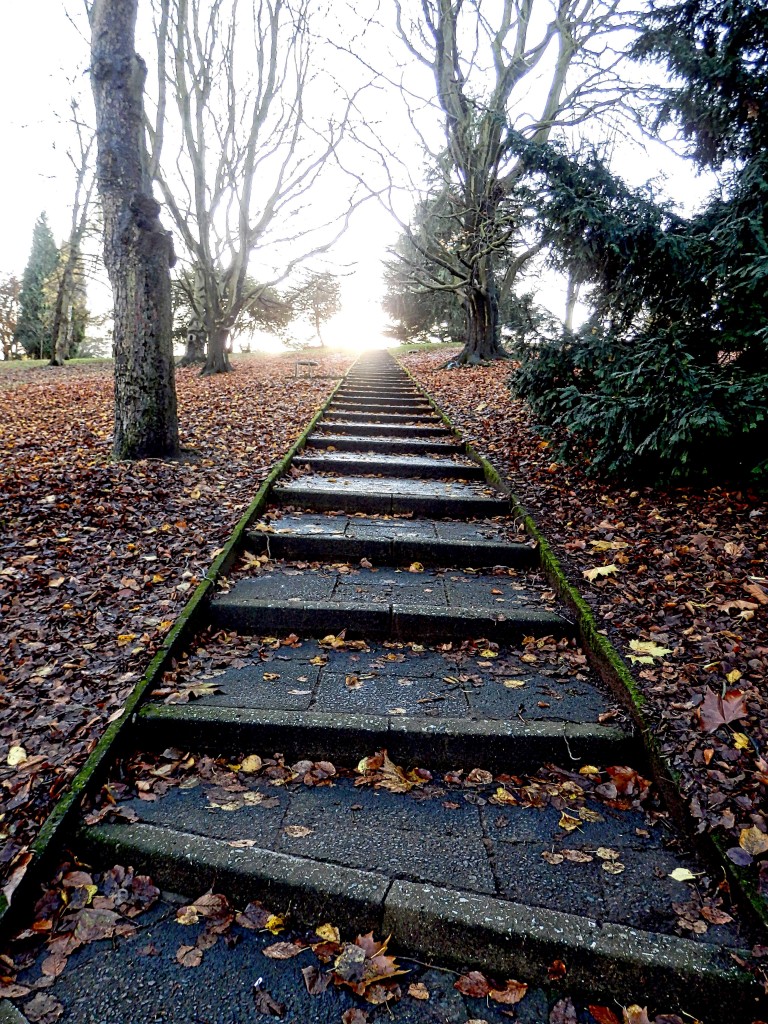 Where does your inspiration come from as a nonfiction writer? What causes you to generate ideas for books, essays, blog posts, and nonfiction books? It’s possible that the current world around you provides you with content for your projects, but often what you do is tinged by your past. In fact, your past offers you a source of inspiration at all times.
Where does your inspiration come from as a nonfiction writer? What causes you to generate ideas for books, essays, blog posts, and nonfiction books? It’s possible that the current world around you provides you with content for your projects, but often what you do is tinged by your past. In fact, your past offers you a source of inspiration at all times.
Most of what you see and do is tinged by what you have learned, experienced or been told previously. Therefore, when you look for nonfiction ideas to pursue, your past molds your ideas. In some cases, it provides you with those ideas.
The Past Supports Your Creativity
If you write memoir or personal essay, you draw on your past continually. If you write articles or nonfiction books, you choose your topics or write about them from angles influenced by memories, experiences and lessons from any point in your life.
Sometimes those memories just pop up during the creative process and give you the ideas you need. Consider the late Leonard Nimoy, who was put on the spot while shooting an episode of Star Trek in which his character, Spock, meets his people for the first time. To create a greeting for this life form, he drew on childhood memories. Embedded in his mind was a Yom Kippur experience in which he saw synagogue elders performing the Priestly Blessing. When the director asked Nimoy for an idea for the greeting, he immediately put up his hand with the fingers spread in a V—just like he had seen in the synagogue that day. This hand gesture became known as “the Vulcan Salute.” (To learn more about the origins of the Vulcan Salute, watch this video).
Sometimes the memories inspire your project from the beginning. For example, not long after the terror attacks of 9–11, I began writing about moving through fear. The memories of how I felt after the fall of the Twin Towers haunted me, and they inspired an idea for a book. Although I haven’t written the full-length book yet, I completed a short version of the project, called Navigating the Narrow Bridge: How to Move Forward Courageously Even When Life Feels Most Precarious.
Delve Into the Past for Ideas
If you struggle to find ideas, think about the lessons or experiences from your youth or your life in general. Then ask yourself:
- How do those experiences affect my decisions now?
- How do those lessons affect my behavior now?
- How do those lessons affect my way of seeing or reacting to the world now?
- How do those experiences affect my relationships now?
Jot down your answers. Then ask yourself if your responses could lead to an article, essay, blog post, or book idea?
For instance, if you were cheated on by three different guys in high school, that may have caused you to have trust issues in your adult relationships. Might you be able to write an article about learning to trust again in love? Or could you write about how trust is lost and won? Or could you write about how being deceived affects how a person sees other people in general, and how to change that? Relationship topics are always popular, and you don’t have to draw only on your experiences. You can interview others who have had similar experiences, as well as experts.
What if, like me, you rode horses from a young age? You could explore the relationship between horses and young boys and girls—or even between horses and adult women. My former literary agent, Verna Dreisbach, who grew up around race horses and owns horses still today, did this in her book, Why We Ride: Women Writers on the Horses in Their Lives.
Maybe you’ve been fired—once or numerous times. You could write about how to survive being let go from a job, as did actress Annabelle Gurwitch in Fired! Tales of the Canned, Canceled, Downsized, and Dismissed.
If the questions above don’t spark any nonfiction project ideas, look in your old journals, boxes of souvenirs and photo albums. Keep a notebook close at hand; write down what ever thoughts pop into your head and think about them more later. You might be able to mold some of them into articles, essays, blog posts, or books.
And if it isn’t happening in the present moment, it’s a past experience. That means that what happens to you today might be the memory that sparks your blog post tomorrow or a personal essay next week. Many of the posts on my personal blog at NinaAmir.com are inspired by what happens to me—not what happened to me years ago but what happened to me yesterday, last week, or this past month.
Delve into your past on a regular basis—the recent past or the distant past.
Photo courtesy of quicksandala
